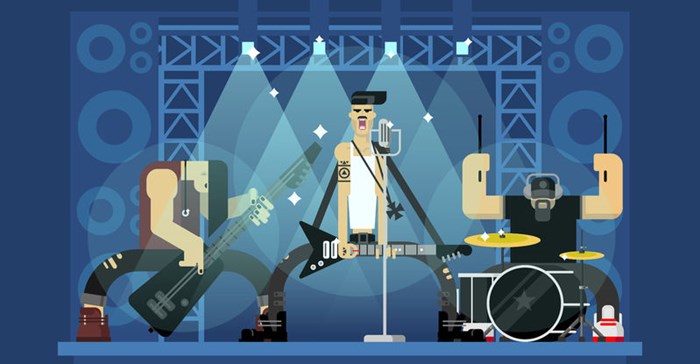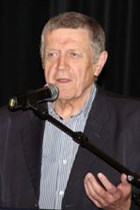Most advertisements can be improved with judicious use of music. (Clearly not print - not yet, at least).
Music means memories and associations for most people. A special tune evokes all kinds of associated emotions – but don't confuse music with “jingles” (see below). Music without words can do so many things that words could not improve upon.
Music can, and does, generate enormous returns. Imagine, for a moment, the two Louisville teachers who wrote the four-line ditty “Happy Birthday to You” in 1893. What value do you think they would have placed on their composition? Well, about 100 years later (1988, in fact) it was sold as a package deal for $25,000,000! It's believed to generate over $1m every year in royalties.
If you'd told the two teachers that, they would have had you committed.
As a matter of interest, the three most popular songs in the English language are “Happy Birthday to You”, “Auld Lang Syne” and “For He's a Jolly Good Fellow”.
There are several companies in South Africa that have the rights to most tunes.
If you do use music (either composed especially for you or an existing song) remember that, like most other aspects of advertising, you'll tire of it long before your customers do. So don't be in a hurry to change.
I remember, as a student, working in a very posh restaurant in Mayfair, London. The owner said that the temperature should always be slightly too warm and uncomfortable for all who worked there and running around doing their jobs – because that would mean it would be perfect for diners. It's the same with advertising – just when it's making you uncomfortable your target market audience is hopefully just warming up to the concept.
So before you rush off and use your favourite Queen song – either for your next ad OR (and this is important, so pay attention) sales presentation – beware of royalty implications.
To quote a 'spokesperson” from a leading company; “when a piece of music is taken and re-jigged, it is still stealing. We are not only concerned about rip-offs in radio and television commercials but also what happens in audio-visual presentations. People must realise that when a show (of any kind – even the slideshow you put on for potential clients) is produced to sell an idea, a specific royalty must be paid on all copyright music used.”
The best way to make sure you keep on the right side of the law is to ensure your music is composed and/or produced by a member of SAMRO (South African Music Rights Organisation).
JINGLES
“If you've got nothing to say then sing it.”
I don't know who first said that but it's a wise old advertising saying. Your “own” tune makes a message (even the mundane) more memorable.
The idea started in Vaudeville where comics would walk on stage to a special piece of music, which became their “signature” – hence the name Signature Tune.
As I mentioned previously, don't confuse a signature tune (jingle) with background music.
Jingles tend to re-enforce a USP (Unique Selling Proposition).
So strike up the band!
Read my blog (brewersdroop.co.za) or see what other amazing things we do at brewers.co.za
*Note that Bizcommunity staff and management do not necessarily share the views of its contributors - the opinions and statements expressed herein are solely those of the author.*


































